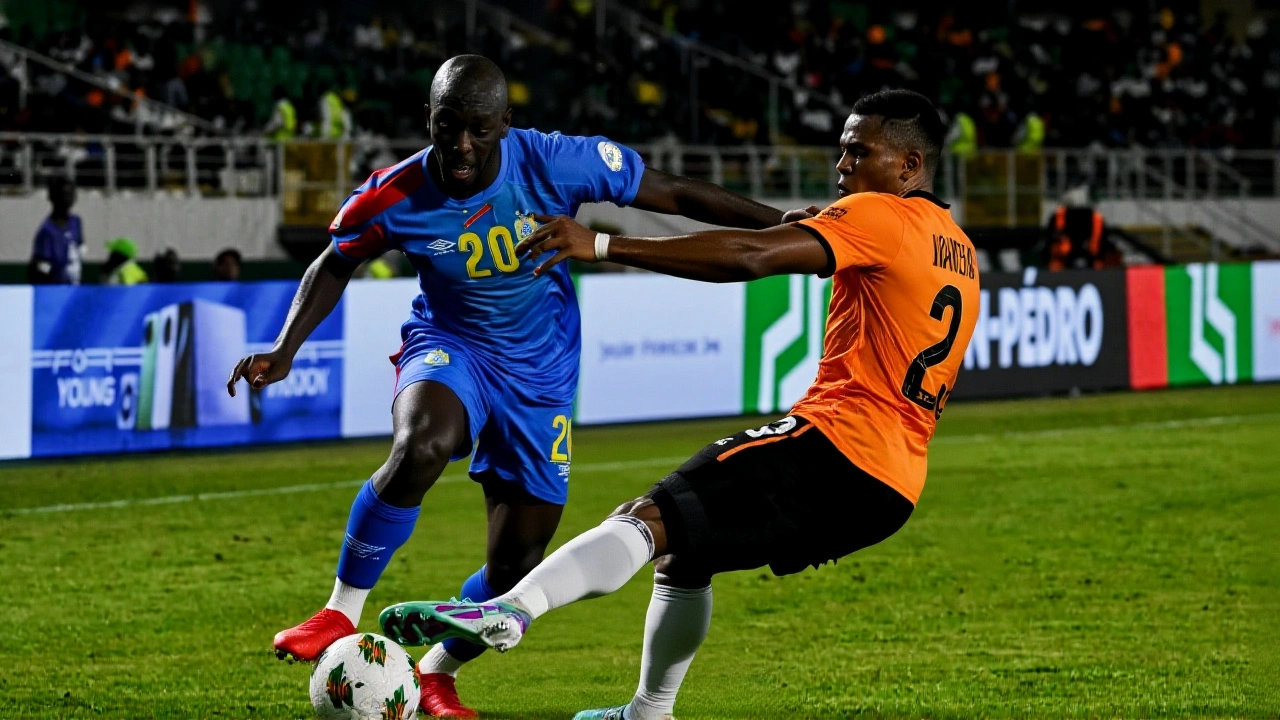Benjamin Mkapa Stadium: All You Need to Know
When talking about Benjamin Mkapa Stadium, a 60,000‑seat multi‑purpose arena in Dar es Salaam, Tanzania, also known as Mkapa National Stadium, you’re looking at the country’s premier venue for football, concerts and public gatherings.
Why the Stadium Matters for Tanzanian Sport
The stadium is home to the Tanzanian national football team, the "Twiga Stars" who compete in World Cup qualifiers and regional tournaments
. It meets CAF (Confederation of African Football) standards, which means it can host official matches like the African Cup of Nations, a tournament that brings together the best teams from across the continent. Because of this compliance, the stadium regularly schedules high‑profile fixtures: national team games, club finals, and even occasional rugby matches.One key attribute is the pitch: a FIFA‑approved grass surface that stays resilient even during the rainy season. The stadium also features a modern LED scoreboard, VIP lounges, and a press box that meets international broadcasting requirements. These facilities help attract sponsors and broadcasters, turning each match into a revenue stream for local clubs and the football federation.
Beyond football, the venue supports community events. School sports days, cultural festivals and political rallies often use the stadium’s ample seating and sound system. The nearby Mlimani City Mall and the waterfront promenade provide fans with dining and entertainment options before and after events, making a game day feel like a full‑day outing.
Transport connectivity is another strong point. The stadium sits near the Mwalimu Nyerere Bridge, linking the city’s north and south districts. Buses, minibus taxis and ride‑share services run on a schedule that aligns with match start times, reducing traffic jams. For fans coming from outside Dar es Salaam, the nearby Julius Nyerere International Airport offers direct flights from major African hubs, making the stadium accessible for regional tournaments.
Security has improved in recent years. The venue now employs CCTV surveillance, metal detectors at entry points, and a dedicated crowd‑management team trained by international security firms. These measures ensure a safe environment for families, especially during large‑scale events that attract thousands of visitors.
Looking ahead, the stadium is slated to host several qualifiers for the 2026 World Cup and a group stage of the 2027 African Cup of Nations. These upcoming matches will test the venue’s ability to handle back‑to‑back high‑intensity games and provide a boost to the local economy through tourism, hospitality and merchandise sales.
All of this makes Benjamin Mkapa Stadium more than just a place to watch a game; it’s a catalyst for sports development, a hub for community pride, and a showcase for Tanzanian hospitality. Below you’ll find a curated collection of recent news, match reports and feature stories that dive deeper into each of these aspects, giving you a full picture of why this arena matters to fans, players and the city alike.
Madagascar Stuns Sudan 1-0 in Extra Time to Reach First CHAN Final
Madagascar stunned Sudan 1‑0 in extra time to clinch a historic CHAN final spot, sparking nationwide celebrations and boosting the island’s football hopes.

